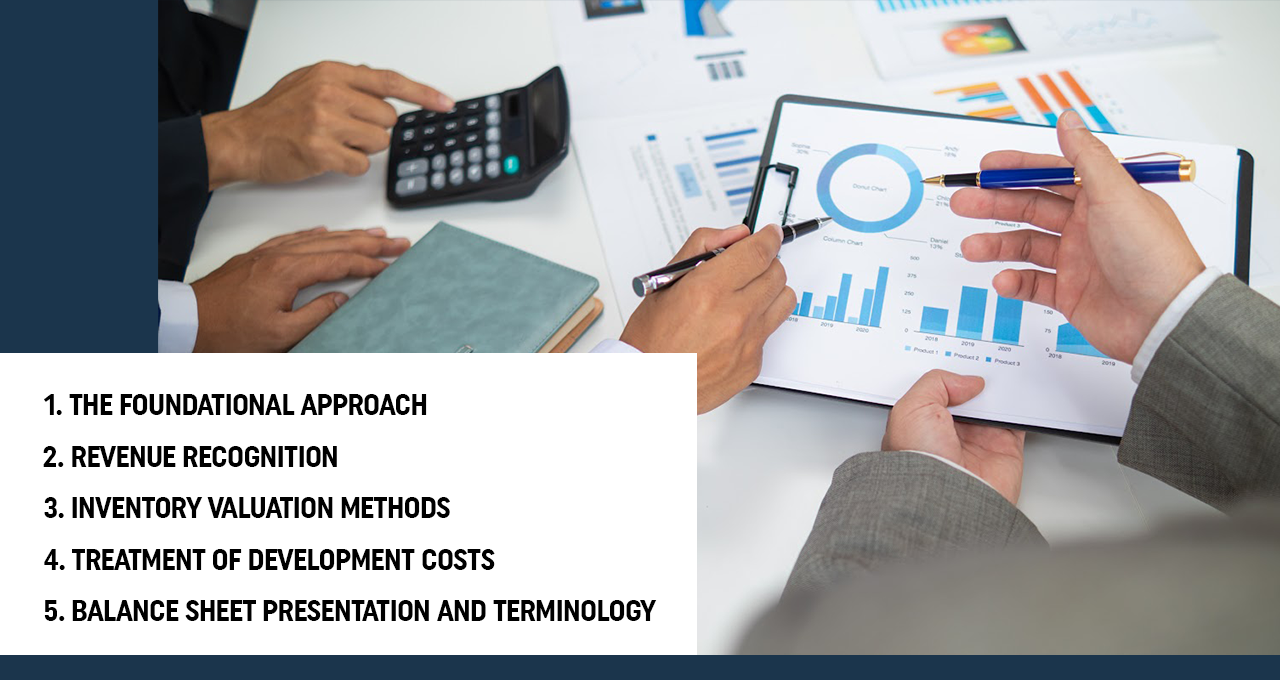In the ever-evolving world of global finance, staying aligned with accounting standards is no longer just a compliance requirement. It’s a strategic imperative. Whether you’re expanding internationally or seeking investor confidence, understanding how GAAP accounting principles differ from IFRS (International Financial Reporting Standards) can help you make informed decisions. These two dominant financial reporting systems guide how businesses recognize revenue, value assets, and present financial statements. But beneath the surface, their approach diverges in fundamental ways.
Let’s delve into the key differences that define GAAP accounting principles and IFRS, helping you assess their business implications clearly and confidently.
1. The Foundational Approach: Rules-Based vs Principles-Based
At the heart of the distinction lies the framework’s philosophy. GAAP accounting principles are predominantly rules-based, providing detailed instructions and specific criteria for nearly every accounting scenario. This offers clarity but can be rigid in unusual or evolving circumstances.
On the other hand, IFRS operates on a principles-based model, emphasizing broader guidelines over minute specifics. This grants companies more flexibility and professional judgment but may result in varied interpretations, especially across industries or borders.
2. Revenue Recognition: Specificity vs Flexibility
Revenue recognition is critical for investors, and the two frameworks diverge in how it’s approached. Under GAAP accounting principles, revenue recognition follows detailed rules, particularly industry-specific standards such as those for software or construction.
IFRS, meanwhile, uses a five-step model that applies universally across industries, making it more streamlined for multinational entities. This difference can significantly affect how and when revenue is reported, an area crucial for earnings forecasts and investor confidence.

3. Inventory Valuation Methods
When valuing inventory, GAAP accounting principles allow companies to use FIFO (First-In-First-Out), LIFO (Last-In-First-Out), and weighted average methods. Notably, LIFO is permitted under GAAP, offering certain tax advantages during inflationary periods.
Conversely, IFRS prohibits the LIFO method entirely, as it may distort actual inventory flow and profitability. Businesses operating globally must consider these inventory accounting nuances when consolidating financials across regions.
4. Treatment of Development Costs
Another key area where the standards diverge is in the accounting of development expenditures. Under GAAP, research and development (R&D) costs are generally expensed as incurred, which can reduce current period profits.
IFRS provides an exception that certain development costs may be capitalized if specific criteria are met. This treatment allows businesses to spread out expenses and potentially improve financial performance on the books, which could influence how startups and tech firms report innovation-related costs.
5. Balance Sheet Presentation and Terminology
While both frameworks require standard balance sheet components, the presentation and terminology differ. GAAP emphasizes a liquidity-based ordering of assets and liabilities, with strict format guidance.
IFRS offers more discretion, encouraging classification based on liquidity or importance to the business model. This often results in IFRS balance sheets appearing more streamlined and tailored, especially for service-based or global organizations.
Why This Matters for Global Businesses?
The choice between GAAP accounting principles and IFRS isn’t just academic. It affects cross-border investments, tax planning, reporting efficiency, and financial comparability. As companies grow globally, aligning accounting strategies with the appropriate framework becomes vital. This decision also impacts investor relations, who may prefer GAAP for its consistency, while international investors may expect IFRS-based reports. In mergers, acquisitions, and joint ventures, understanding these standards can prevent costly misalignments.
Partner with Myriad Finance for Strategic Accounting Excellence
Navigating the intricacies of GAAP accounting principles and IFRS requires more than technical know-how and demands insight, precision, and a partner who understands the nuances of financial reporting in a global business landscape. That’s where Myriad Finance stands apart. With a deep commitment to customized solutions, we offer expert guidance in regulatory compliance, international accounting transitions, and strategic financial planning. Whether you’re a scaling enterprise or an established global player, trust Myriad Finance to deliver clarity and confidence in your financial journey. Let us help you bridge the gap between standards and unlock your full potential.
Contact Us today!


